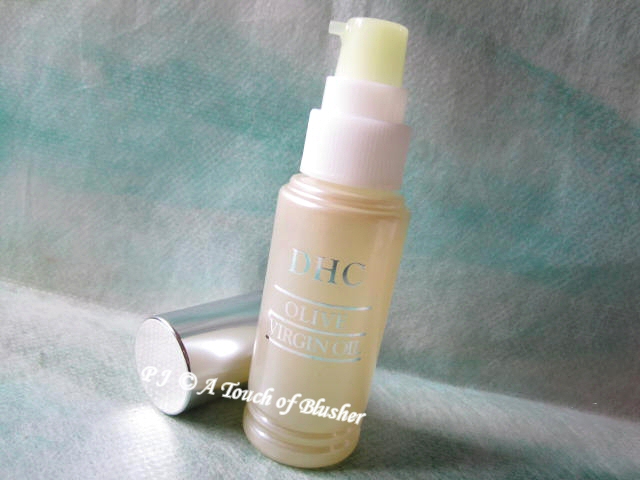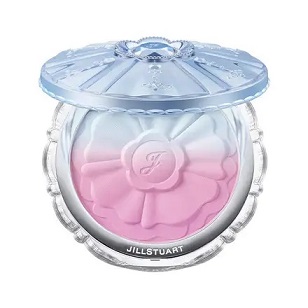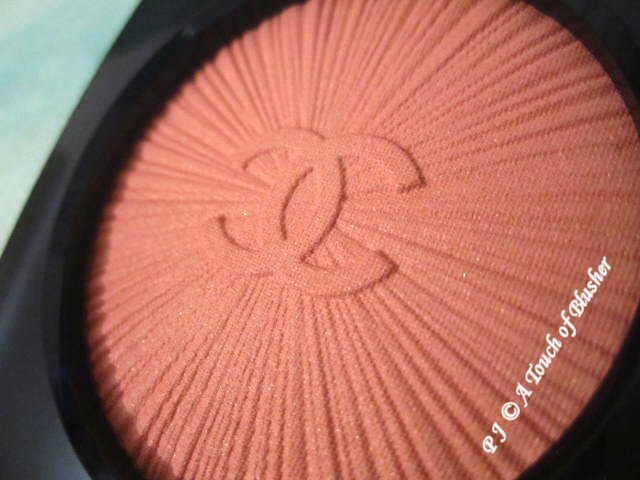Founded in 1972, DHC is one of the Japanese beauty brands that have more visibility outside Asia. (There are DHC UK (launched in 2007), DHC France, and DHC US.) DHC has physical stores in and outside Japan but it is known for its strong e-commerce presence.
Over the next couple of months, I will be highlighting a few more items from the brand. Today, I am focusing on one of the brand’s most popular products, Olive Virgin Oil.
Olive Virgin Oil is made from organic olives grown in Spain. This single-ingredient product is virtually colorless and has a very faint olive scent.
According to Paula Begoun, olive oil has essential fatty acids such as linoleic acid (omega 6), oleic acid (omega 9), and palmitic acid (all of which function as emollients for the skin) and it also contains phenolic compounds, which have antioxidant efficacy. (Also, linoleic acid is an antioxidant and has anti-inflammatory and cell-communicating properties.)
The oil is relatively lightweight and doesn’t feel too greasy or heavy. It feels slightly more lightweight than Trilogy’s Certified Organic Rosehip Oil, which I reviewed earlier.
It is packaged in a semi-opaque bottle with a pump dispenser. The packaging is more ideal than that of Trilogy’s Certified Organic Rosehip Oil, which has a dropper dispenser. (Antioxidants gradually lose their efficacy when they are exposed to air.) The packaging would be even more ideal if the bottle were completely opaque.
The product certainly has solid skin-benefiting properties, and how to make the best of it depends on your skin types and skincare needs. Obviously rich in emollients, it is great for dry areas on the face and the body. It can be used as a moisturizer or after your usual moisturizer, and it can be mixed with your face, body, and hand moisturizers. Those with combination or oily skin should use this product very sparingly and only on more dehydrated areas.
For the application method, see the video here.
DHC Olive Virgin Oil is available in 30ml. A 5ml option is also available on DHC UK and DHC US.
(The product featured in this article is provided by DHC.)
Related posts:
Nude Skincare Replenishing Night Oil




{ 4 comments… read them below or add one }
Hmm, would using a fancy bottle of organic virgin olive oil be the same? Seems pricey for one ounce. Unless the price is considerate due to the import of the olives?
I went to morocco this year and purchased a considerate bottle of pure Argan for $7 (a similar amount would be $80-90 if purchased in the states), so I am very weary of import products now. I’d rather save up and just travel to the country myself!
Hi Christy,
Regarding the price, I suppose it depends on how we see it. The prices of DHC’s products are generally quite reasonable. The Olive Virgin Oil is one of the more expensive products from the brand but I think the price is still reasonable. Obviously, when we compare it with cooking oil, there is no comparison.
Generally, food-grade oils and cosmetic-grade oils may have different requirements regarding production, which can affect costs. I am not suggesting that food-grade oils can be bad for the skin. Whether one wants to apply them on the skin is really a personal choice.
DHC’s Japanese website suggests that the olives in Spain that are selected for the product are particularly rich in vitamins. There are reasons to believe that different species of olives may vary slightly in nutritional contents, and the growing conditions and processes may play a role as well. But it would be hard for us to know whether they are indeed much better than the olives grown elsewhere.
Thank you very much for stopping by again and for your questions! :)
Excellent points, I hadn’t thought of what guidelines there might be for food vs cosmetic use, if any.
I’m becoming more paranoid against marketing tactics as I get older.
Up until now I make sure I read and research all labels. I wonder what I’ll do if I’m ever able to travel to Asia, I’ll be buying blindly, based on packaging (but still worth it, I’m sure).
Thank you, as always, for your constant balanced clarity.
Hi Christy,
Thank you very much, and you are very welcome! :)
It depends on where you go. As far as I know, in some countries, ingredient lists of beauty products are in English. But, for Japanese beauty products sold within Japan, they are in Japanese and they don’t need to be in English. I can read some Japanese and I can spot some of the ingredients that don’t suit me, but I am aware of the fact that buying the right beauty products from Japanese brands (particularly skincare products) in Japan can be tricky for those who don’t know the language.
I don’t think there are needs to be paranoid. It is obvious that you care about the ingredients in beauty products. With enough basic knowledge (it doesn’t have to be advanced), I am sure you are able to tell which products would suit you. As we know, dreams, hopes, and promises are very marketable. But all we need to do is to turn the packaging around and read the ingredient list.
Thank you for your comment again! :)